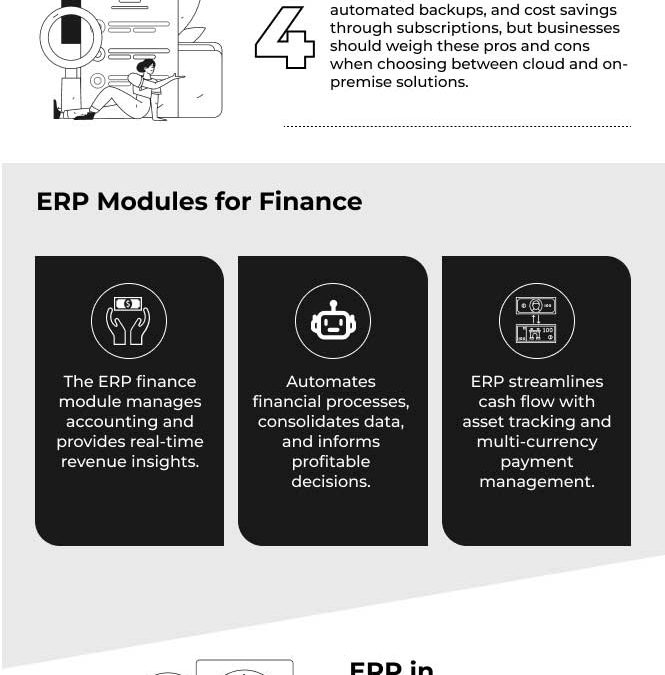Strategic Management: A Comprehensive Overview
Strategic management is a vital aspect of any organization, encompassing the planning, monitoring, analysis, and assessment of all that is necessary for an organization to meet its goals and objectives. This holistic approach ensures that businesses remain competitive and can effectively respond to changing market conditions.
By integrating various methodologies and tools, strategic management helps organizations align their resources with their strategic goals. The process involves setting objectives, analyzing the competitive environment, and ensuring that the organization can adapt to both internal and external challenges.
Integrating Data Analytics into Strategic Decision-Making
The integration of data analytics into strategic decision-making has transformed how organizations approach their planning processes. By leveraging quantitative data, businesses can make informed decisions that enhance their strategic initiatives and drive growth.
Data analytics allows companies to identify trends, forecast outcomes, and assess the effectiveness of their strategies. This approach not only improves the accuracy of decision-making but also enables organizations to pivot quickly in response to new information and market dynamics.
Case Studies of Successful Strategic Management
Examining case studies of successful strategic management provides valuable insights into best practices and methodologies that have proven effective in real-world applications. These examples highlight how organizations have navigated challenges and leveraged opportunities through strategic planning.
For instance, leading companies often implement unique strategies tailored to their specific market conditions, showcasing the importance of adaptability and innovation in achieving long-term success. These case studies serve as a learning resource for businesses looking to enhance their strategic management practices.
Best Practices for Effective Strategic Planning
Effective strategic planning involves several best practices that organizations should adopt to ensure their strategies yield the desired results. Key practices include setting clear objectives, involving stakeholders in the planning process, and regularly reviewing and adjusting strategies based on performance metrics.
Moreover, fostering a culture of open communication and collaboration can enhance the strategic planning process. Organizations that prioritize these best practices are better equipped to navigate uncertainties and capitalize on emerging opportunities in their respective industries.






